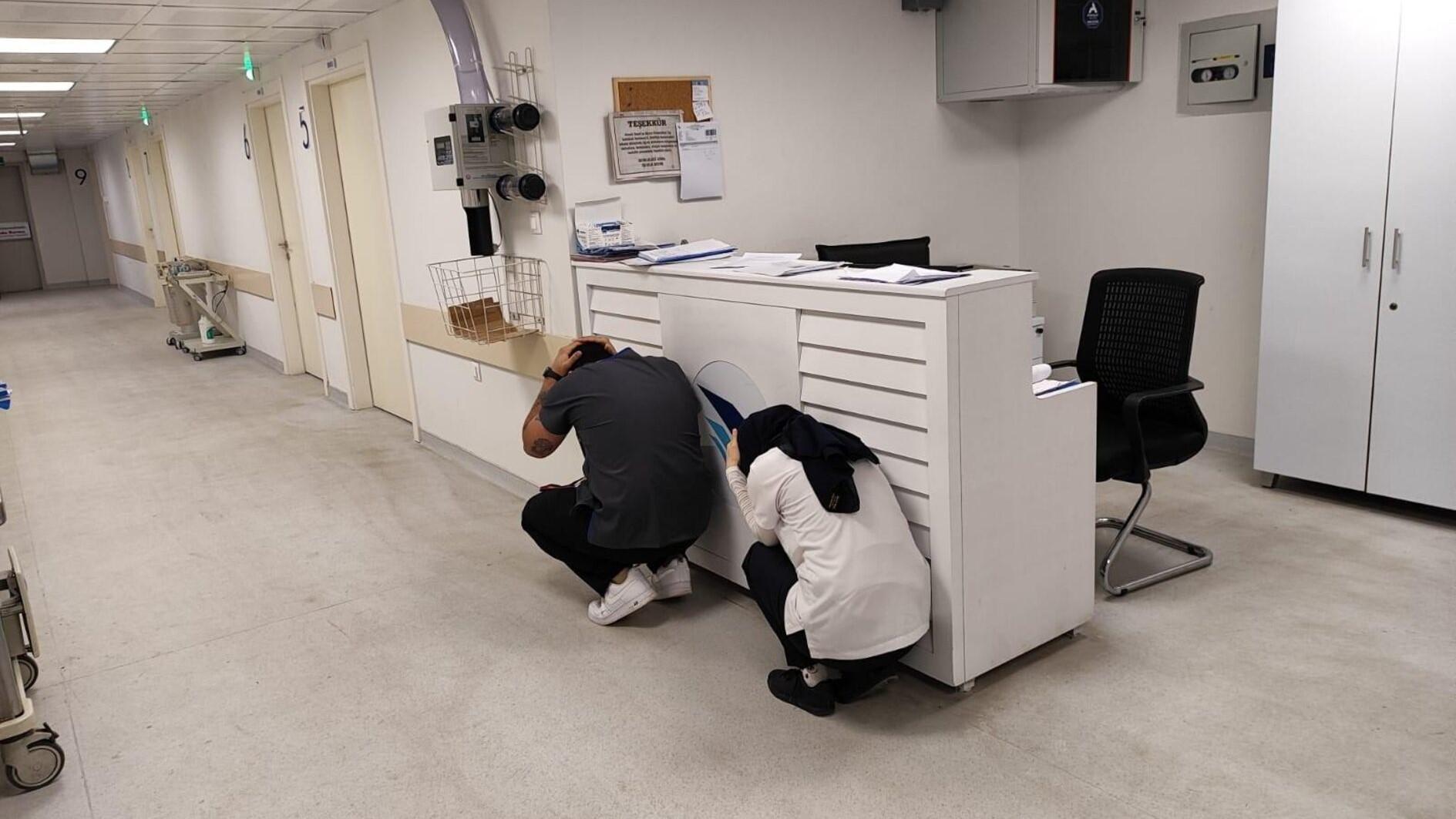
The Association of Private Hospitals and Healthcare Organizations (OHSAD) has prepared the "Health Services Earthquake Preparedness Guide" with the aim of enhancing earthquake preparedness plans and measures across all hospitals in Istanbul.
OHSAD President Reşad Bahad stressed the significance of the guide, stating that earthquake plans and practices should be developed for both private and public hospitals without any discrimination within the context of earthquake studies.
"Otherwise, we will inevitably have to transition to a situation where even our hospitals will require assistance," he said.
The guide provided a comprehensive list of specific measures hospitals or any health service organization should implement.
As per the guide, health service providers should assess the requirements for potable water and uncontaminated food that may arise following a potential earthquake and implement appropriate measures.
It is recommended to anticipate the potential for power outages following an earthquake and choose ready-to-eat foods that do not need to be cooked or heated. In order to prepare for post-earthquake circumstances, hospitals should assess the quantity of food and water required to satisfy the nutritional requirements of patients and staff for a minimum of three days, with two meals per day, taking into account the average number of individuals present, according to the guide.
The guide also suggests establishing alternative communication channels in case of a disaster and having communication tools such as satellite phones and radios ready.
Vehicles with high mobility, such as motorcycles, ATVs and drones, as well as hygiene materials and infrastructure for setting up shower and laundry services within the first three days, are some of the measures the guide recommends.
Additional suggestions outlined in the guideline involve appointing accountable individuals on each floor to safeguard patient records, manual registration forms, valuables and cash.
It also recommends establishing alternative spaces for the morgue area, as well as utilizing manual patient registration and death registration forms and maintaining an ample supply of body bags.